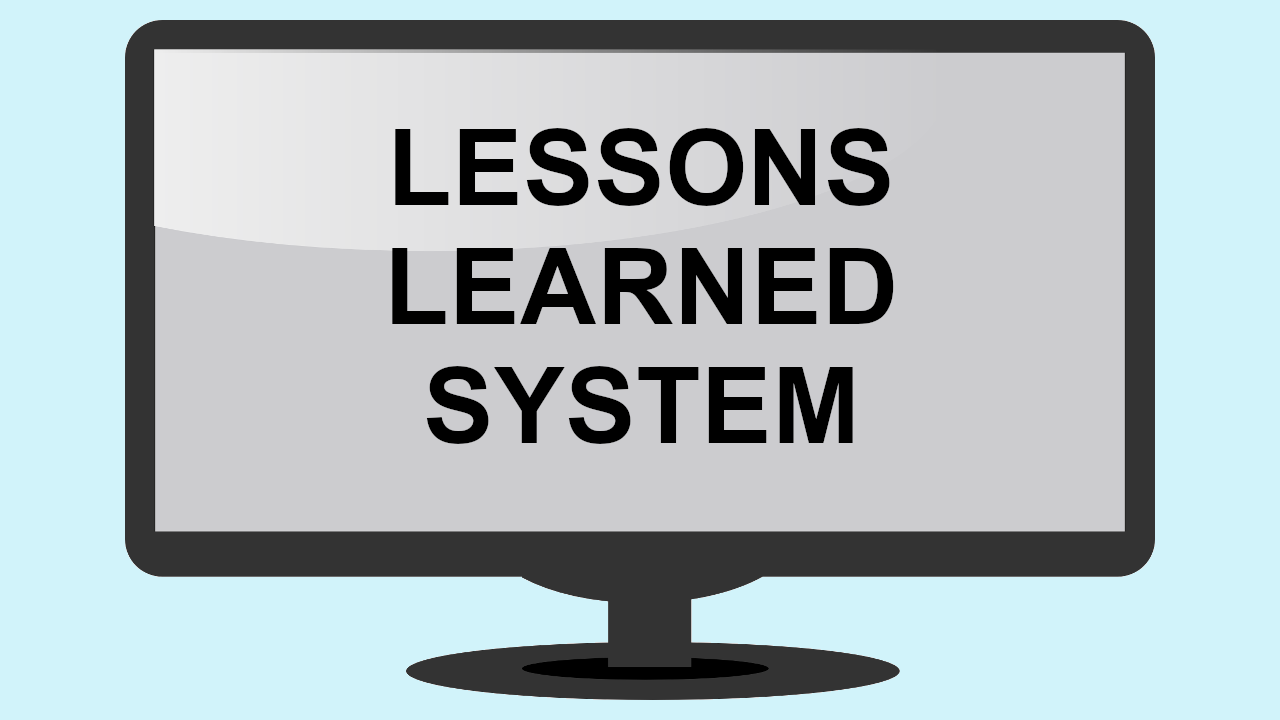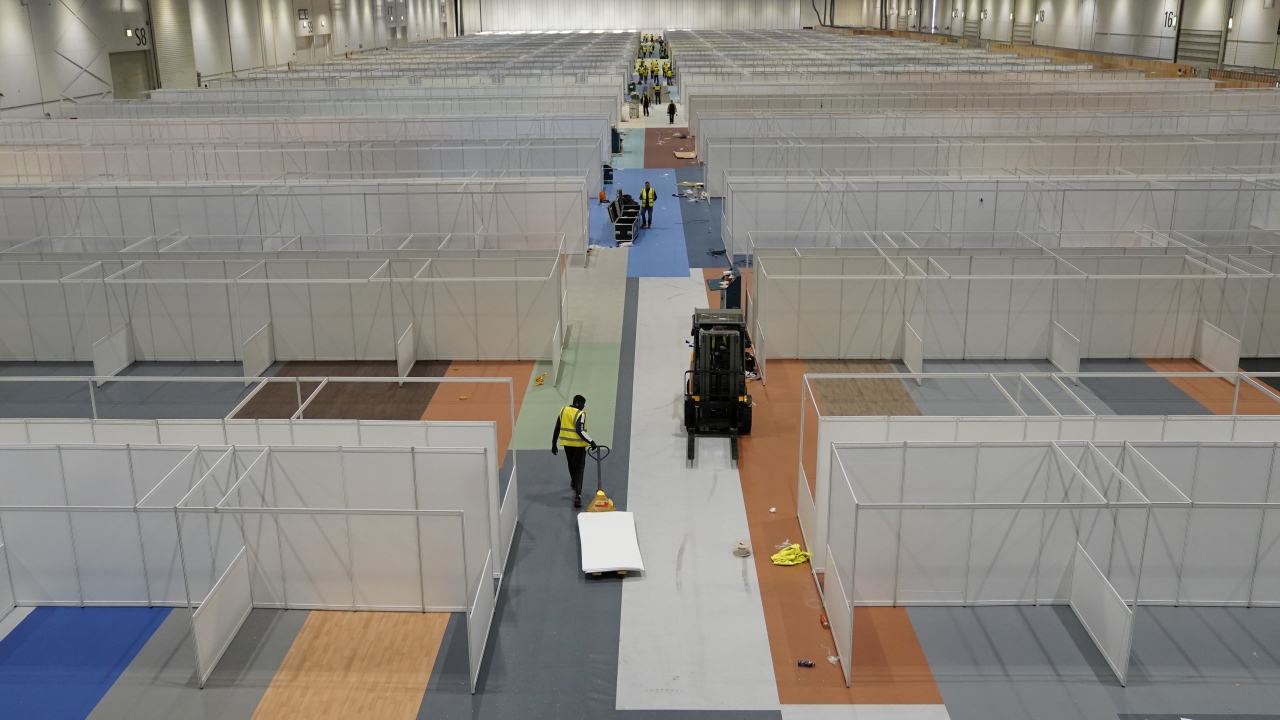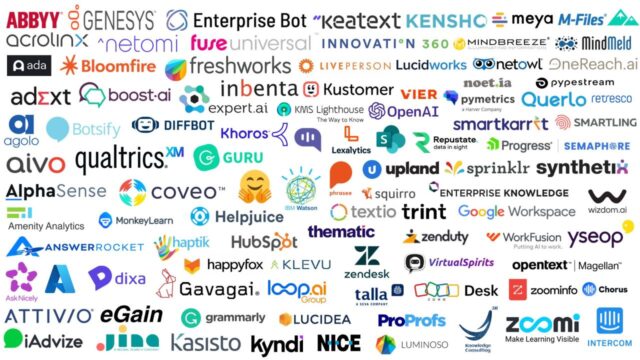
How are lessons learned systems being used, and how can they be improved?
In recent research1 published in the journal Issues in Information Systems, Benjamin X. Hou and Omar El-Gayar of Dakota State University look at what technologies are being used for lessons learned systems, and what types of knowledge are supported by these lessons learned systems. From this, they make recommendations for improvements and further research.
For their research, Hou and El-Gayar carried out a systematic review of lessons learned system design research across two decades from 2003 to 2023. From a search of academic databases followed by the application of inclusion and exclusion criteria and then a quality assessment, 11 papers were identified for analysis.
Lessons learned systems are an important knowledge management (KM) tool. They are designed to capture experiential knowledge on the context, actions, and outcomes gained from carrying out various organizational processes and procedures that may help ensure success or prevent failure, or increase efficiency. The lessons learned can be leveraged by the organization to guide future activities, achieve or avoid certain outcomes, and support improvements to organizational performance organizational performance by ensuring that valuable, contextually specific experiential knowledge is available when and where it is needed.
Hou and El-Gayar found that most lessons learned systems typically employ web technologies, allowing geographically and temporally distributed teams to create and access lessons learned. Wiki-based approaches were frequently employed and included functionality to tag, relate, and group lessons learned to better support its reuse, though custom web applications were also developed. Some systems however did not adopt this web-centric paradigm, relying on local computer applications such as BIM software2, Microsoft Excel, or custom-developed software. Many LLS were found to be intended to support construction project management, building design, and risk assessment.
The need for improved support for tacit and procedural knowledge
Despite the importance of tacit knowledge in organizational performance, Hou and El-Gayar found that all lessons learned systems were intended to manage text-based explicit knowledge. They alert that some of the early research on lessons learned systems has identified the textual representation of knowledge as a barrier to effective KM because pictures and videos can be an effective method for both capturing and socializing knowledge on highly tacit processes. While bandwidth and internet connectivity present challenges for storing, accessing, and disseminating such forms of knowledge, particularly in resource-constrained contexts, this constraint is far from universal, particularly in more
well-resourced organizations or nations.
The omission of support for the management of tacit forms of knowledge also suggests an underlying assumption that tacit knowledge held by the staff can be easily explicated and converted into text-based formats effectively and accurately. Such an assumption may be challenging for effective management of tacit, experiential knowledge as the transfer and internalization of tacit knowledge is best facilitated by experience and time rather than written or spoken word. Thus, explication of tacit experiential knowledge by individuals belonging to a different community of practice may result in codified knowledge that is less meaningful and reusable, thereby limiting the use of the lessons learned system for supporting unambiguous and straightforward organizational activities, which limits the competitive advantage afforded to the organization.
Hou and El-Gayar also found an emphasis on declarative over procedural knowledge in lessons learned systems. Procedural knowledge refers to the “steps, procedures, sequences, and actions” required to complete a task, while declarative knowledge refers to the facts, events figures, rules, relations, and concepts related to a given task. Hou and El-Gayar consider this to be expected given that the objective of lessons learned management is to ensure that experiential knowledge in the form of situations, actions, and outcomes is captured to inform future decision-making. However, one of the reviewed studies demonstrates the utility of lessons learned systems for managing procedural knowledge for improving organizational performance. In an increasingly competitive and resource-scarce operating landscape, organizations are looking to improve on knowledge-intensive business processes that rely on human knowledge, experience, and creativity. As such, the need for effective management of procedural knowledge may grow over time as organizations seek to optimize non-traditional organizational processes.
In response to these issues, Hou and El-Gayar emphasize the need for improved support for tacit and procedural knowledge in lessons learned systems.
Header image source: Adapted from OpenClipart-Vectors on Pixabay.
References:
- Hou, B. X., & El-Gayar, O. F. (2024). Two decades of design research on lessons-learned systems: a systematic review and future research agenda. Issues in Information Systems, 25(4), 373-391. ↩
- Wikipedia, CC BY-SA 4.0. ↩






